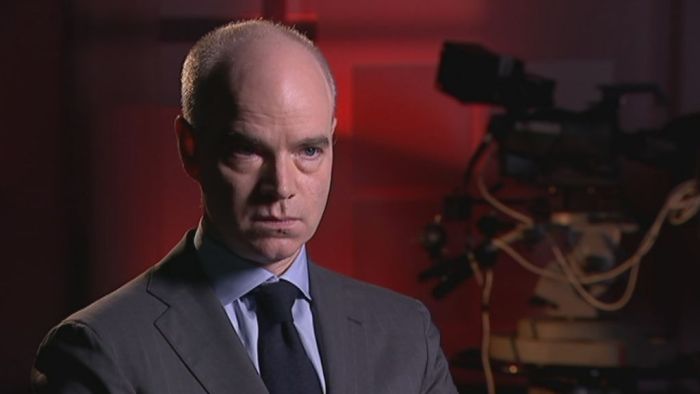One of the strangest moments in any media organisation is when it becomes subject of its own headline. This week the New York Times made global headlines with its announcement that Dean Baquet will be stepping down as executive editor, to be replaced by former China correspondent Joe Kahn.
For many, the first impression concerning Kahn’s appointment is the lack of firsts — there will be no first black female, Hispanic, trans, gay, disabled, or undocumented top editor of the New York Times. In American media’s feverishly woke world, this may register as a major disappointment. It’s also a departure from a pattern set by the paper’s past two executive editors — Jill Abramson (first woman) and Baquet (first African-American).
Kahn is, in fact, the opposite of a first. He’s a Harvard-educated man from a wealthy American family. He’s been groomed for a job just like this one. And that’s precisely why this is significant.
Like CNN, whose new boss pledged to take the channel back to hard news and away from aggressive opinion-making, the New York Times seems to be sailing a little less close to the wind of activist journalism. The Times telltales fluttered a few weeks ago when it published an editorial on cancel culture, not only acknowledging the phenomenon exists but decrying its ill effects.
A “social silencing, this depluralizing of America, has been evident for years, but dealing with it stirs yet more fear,” the Times intoned. While obvious to many readers, a statement of this sort carried considerable risk to the Times — as evidenced by the general moral panic it caused among progressive Twitter.
Has the New York Times suddenly and inexplicably come to its senses? Likely not. The Times has a long, sordid history of doing what it has to do not only to survive but to stay top dog. Today, the paper sees its future in China—or, more specifically, in its 1.4 billion news consumers. It launched a Chinese edition of the paper and a luxury lifestyle magazine geared towards the country’s leisure class. And it will pursue this goal no matter what the cost, including by toeing the line on issues sensitive to the CCP. With the hiring of Kahn, the former China correspondent, the pull here is obvious.
Still, trying to steer a course into China will be no easy feat. That is, on top of dealing with the mountains of domestic criticism resulting from Baquet-era scandals — of which there are many. If this is the case, Kahn certainly has his work cut out for him.











Join the discussion
Join like minded readers that support our journalism by becoming a paid subscriber
To join the discussion in the comments, become a paid subscriber.
Join like minded readers that support our journalism, read unlimited articles and enjoy other subscriber-only benefits.
Subscribe